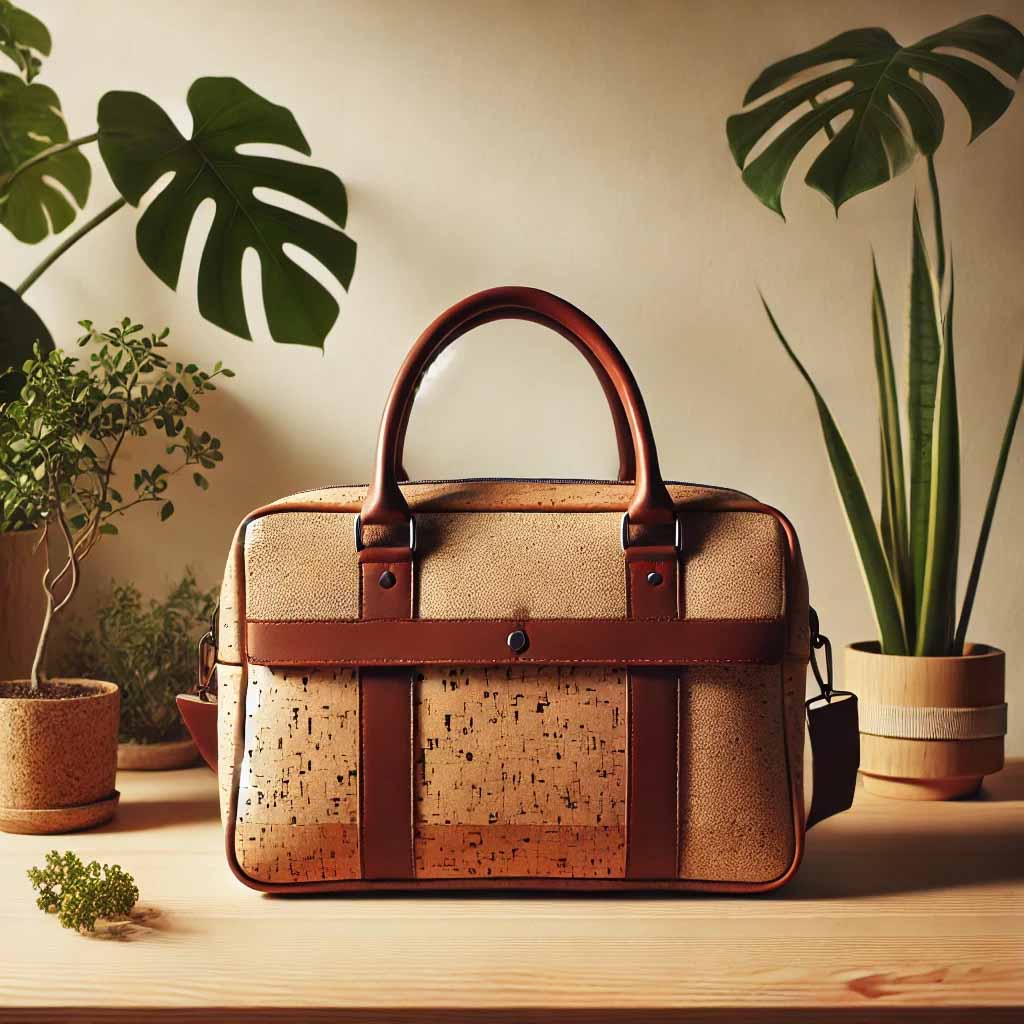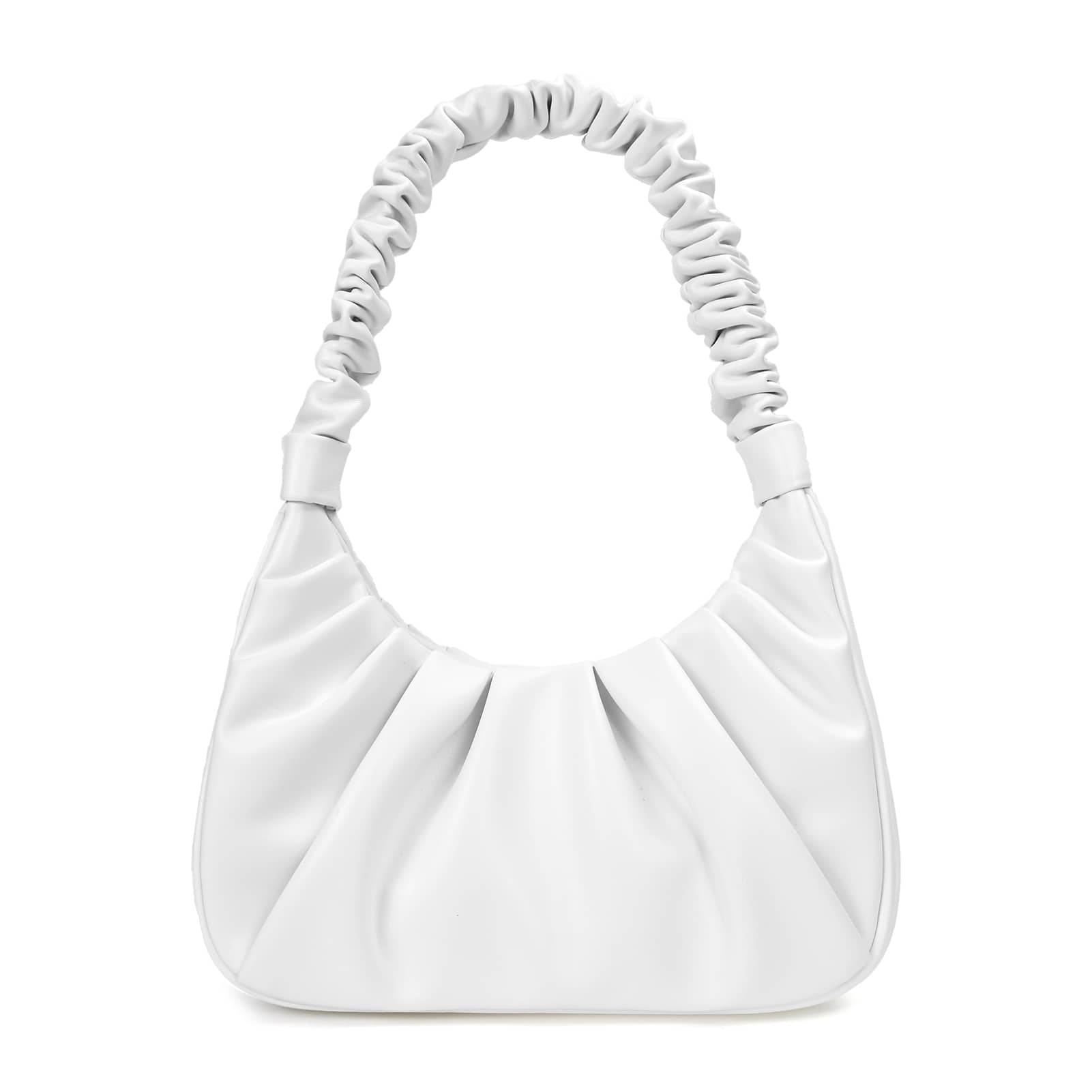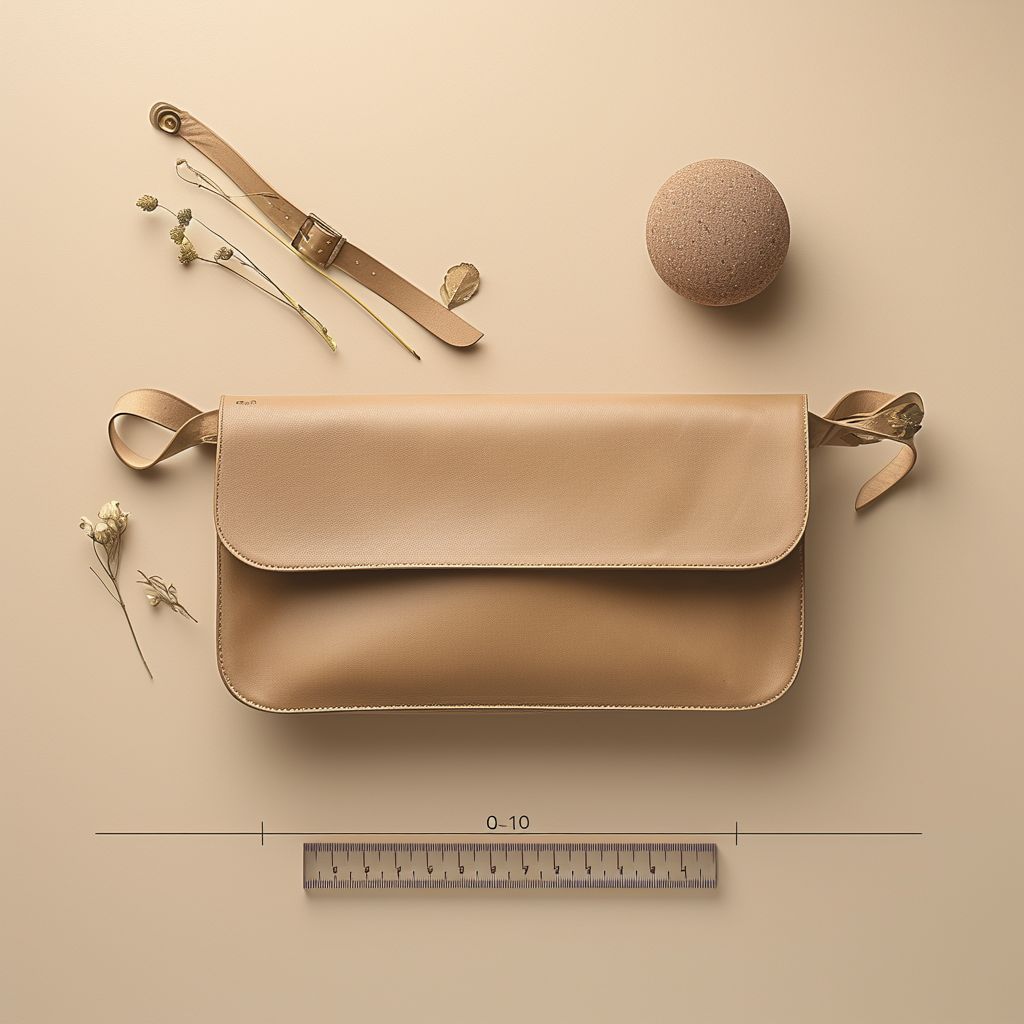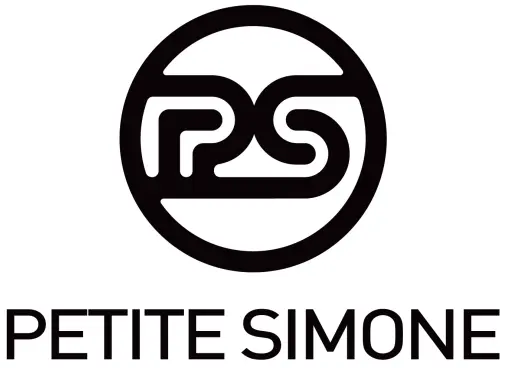HOME GUIDES LEATHER PURSE: CLEAN SIMPLE STEPS AND CARE TIPS
Leather Purse: Clean Simple Steps and Care Tips
Written by Erin Sullivan
Taking care of your leather purse is like taking care of your skin. You wouldn't skip your skincare routine and expect glowing results, right?
Similarly, your leather purse needs regular TLC to stay fabulous and avoid turning into a dried-out relic.
Of course, if you change your purses as often as you change your socks, feel free to ignore these tips.
But for the rest of us who want to keep our prized possessions in tip-top shape, this guide is for you. We’ll show you how to clean your leather purse, ensuring it stays soft, supple, and stunning for years to come.

Your Leather Purse Material: What Is It Made Of?
Before you begin cleaning and pampering your leather purse, it's important to know what kind of leather you're dealing with.
Treating your purse without knowing its material is like applying skincare products without knowing your skin type—potentially disastrous!
Common Materials Used in Leather Purses
Vegan Leather: Also known as faux or synthetic leather. It's more affordable, animal-friendly, and smooth in texture.
Genuine Leather: Durable, ages beautifully, and has a distinct, rich smell.
Patent Leather: Shiny, glossy, and treated with a plastic coating.
Suede: Soft, with a napped finish, and requires gentle care.
Nubuck: Similar to suede but slightly more durable.
How to Identify Your Leather Material
The easiest way is to check any tags or labels inside the purse for material information. If the label is missing, don't worry—try the following methods.
Smell Test: Genuine leather has a rich, earthy smell. Faux leather usually smells like plastic.
Texture and Look: Genuine leather has a grainy, imperfect texture, while faux leather is smooth and uniform. Patent leather is unmistakably glossy, and suede and nubuck have soft, velvety surfaces.
Water Test: Place a tiny drop of water on the leather. If it absorbs quickly, it's likely genuine leather. If it stays on the surface, it might be faux leather or treated leather like patent.
Preparing Your Cleaning Tools
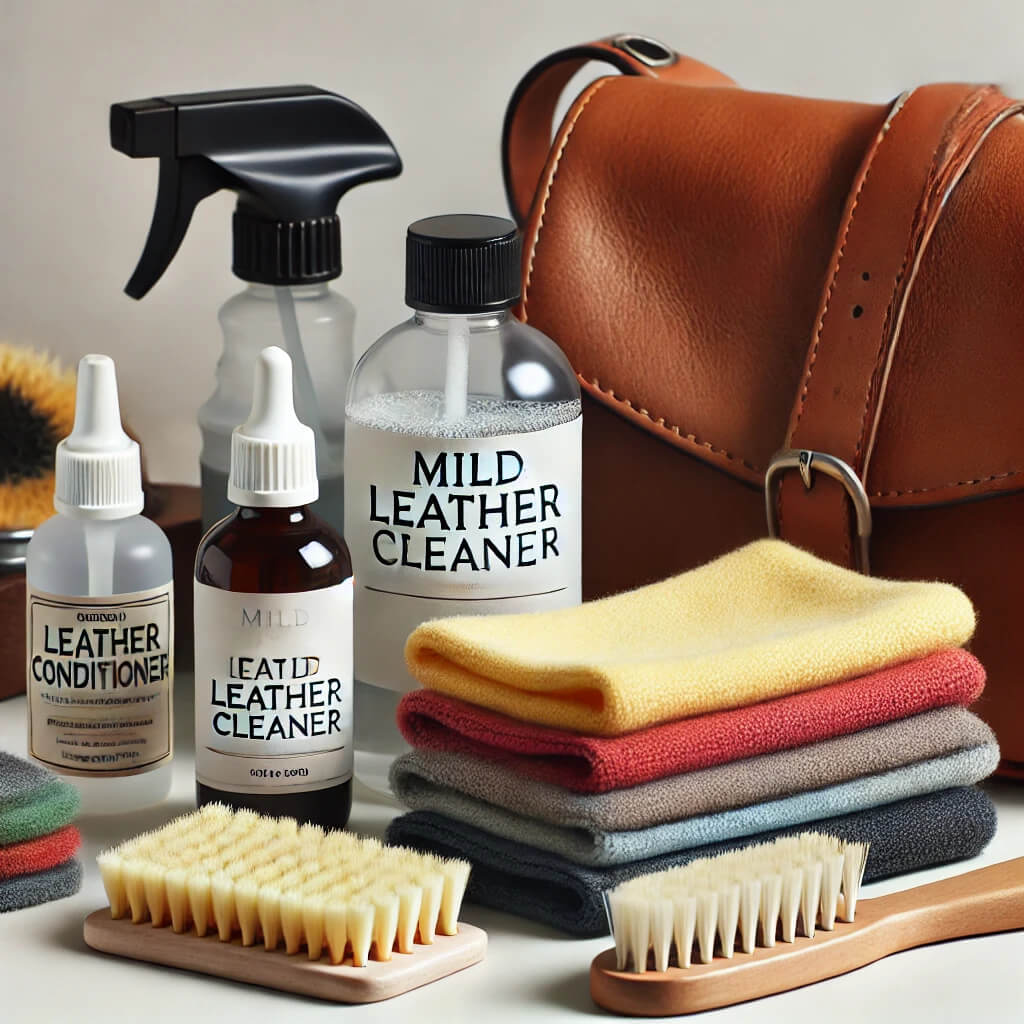
Understanding your purse’s material is only half the battle. Before you start cleaning, hold off a moment. To get the best results, I recommend gathering the following cleaning tools:
Mild leather cleaner: Essential for cleaning without damaging the leather.
Soft microfiber cloths: Necessary for gentle cleaning and buffing.
Lint roller or handheld vacuum: Useful for removing dust and debris from the interior.
Distilled water: Important for diluting cleaners and rinsing without leaving mineral deposits.
Soft-bristled brush: Helpful for scrubbing hard-to-reach areas gently.
Leather conditioner: Crucial for maintaining the leather’s suppleness and preventing cracks.
Optional:
Commercial leather cleaning wipes: Handy for quick clean-ups.
Saddle soap: Optional for deeper cleaning sessions.
Disinfectant wipes: Useful for cleaning interior fabric linings.
Metal polish: For cleaning and shining metal hardware.
Cotton swabs: Ideal for detailed cleaning of small areas.
Step-by-Step Cleaning Process
Alright, it's time for the most important part. Follow our cleaning steps to get the best results.
1. Empty Your Purse
General: Remove all contents. Shake out dust and debris.
All Materials: This step is the same for all types of leather.
2. Clean the Lining
General: Use a lint roller or handheld vacuum to remove dust and debris. For fabric linings, mix warm water with a few drops of dishwashing liquid and use a microfiber cloth to clean.
Vegan Leather: Same as general instructions.
Genuine Leather: Be gentle and avoid getting the leather too wet.
Patent Leather: Wipe the lining gently to avoid scratching the glossy surface.
Suede and Nubuck: Use a dry cloth or a special suede brush to clean the lining.
3. Clean the Leather Exterior
General: Test a small area first. Use a damp cloth with mild leather cleaner or Castile soap to wipe down the exterior.
Vegan Leather: Use a mild soap and water solution.
Genuine Leather: Use a dedicated leather cleaner and avoid harsh chemicals.
Patent Leather: Wipe with a damp cloth and dry immediately to avoid water spots.
Suede and Nubuck: Use a suede brush or a cloth with a bit of white vinegar to clean.
4. Buff the Leather
General: Use a dry microfiber cloth to buff the leather in gentle circles.
Vegan Leather: Buff gently to avoid scratching.
Genuine Leather: Buff well to restore shine.
Patent Leather: Buff lightly to maintain gloss.
Suede and Nubuck: Skip this step to avoid damaging the texture.
5. Clean Metal Hardware
General: Use a cotton swab dipped in metal polish. Protect the surrounding leather with a cloth.
All Materials: This step is the same for all types of leather.
6. Condition the Leather
General: Apply a commercial leather conditioner to keep the leather soft and supple. Follow product instructions.
Vegan Leather: Use a conditioner made for synthetic materials.
Genuine Leather: Use a high-quality leather conditioner.
Patent Leather: Skip this step as the glossy finish doesn’t require conditioning.
Suede and Nubuck: Use a suede protector spray instead of a conditioner.
Special Situations: Emergency Responses
Many times, our purses get dirty due to unexpected factors. Below are some common situations and solutions based on feedback from Petite Simone customers. Please refer to these tips for quick responses.
Ink Stains: Dab isopropyl alcohol on a cotton swab and gently blot the stain. Avoid rubbing to prevent spreading the ink.
Oily Stains: Sprinkle talcum powder or cornstarch on the stain, let it sit for several hours or overnight, then brush off gently. Repeat if necessary.
Red Wine Stains: Mix equal parts cream of tartar and lemon juice into a paste. Apply to the stain, let it sit for 10 minutes, then wipe off with a damp cloth. Repeat if needed.
Scuff Marks: Use matching shoe polish to buff out scuff marks, or apply a small amount of leather conditioner and gently rub with a soft cloth.
Water Stains: Blot excess water with a dry cloth. Allow the leather to air dry naturally away from direct heat. For persistent stains, apply a leather conditioner once dry.
Mud Stains: Let the mud dry completely, then gently brush off with a soft-bristled brush. For any remaining stain, use a damp cloth with a mild soap solution and wipe gently.
Food Stains: Remove any excess food with a dull knife or spoon. Blot the area with a damp cloth and mild soap solution. For oily food stains, follow the oily stains procedure above.
I also found a YouTube video by a blogger about cleaning leather purses. I think the content of this video is very good.
Leather Purse Maintenance and Storage
Let's get to the key point. Ask yourself, what is the most important part of skincare? It's sunscreen. No matter how expensive your creams and serums are, or how many times you visit the spa, without proper sun protection, it's all a waste.
Similarly, the key to storing and maintaining a leather purse is moisture control. Humidity is everything.
Both leather and metal parts cannot tolerate a damp environment. Metal can rust and discolor, while leather can warp, sag, mold, and rot. So, all purse care revolves around controlling humidity.
If store your purse in a sealed cabinet, every now and then, take it out to air, but avoid direct sunlight.
When you buy a purse, I suggest you keep the tissue paper that comes inside. It’s really useful when storing your wallet.
First, it helps keep the purse’s shape, preventing it from deforming due to gravity. Second, it provides some moisture control, giving you time to spot humidity problems.
Before putting a purse away for a long time, always clean it, wipe the surface to prevent mold.
Leather care oils don’t do much for modern leather products (except vintage leather), but they're better than nothing. If you use them, don’t apply too much, otherwise, the purse might mold more easily.
For vegetable-tanned leather purses, be extra careful. These leathers are more vintage and natural, and can soak up moisture and stains like a sponge. Think about it, wouldn’t a piece of oily beef jerky mold easily?
FAQ
Can I use alcohol or strong liquids like essential oils to clean my purse?
Absolutely not. Never use alcohol or strong liquids on your purse. Most purses have a clear protective layer. On low-quality leather, this layer is thick, so alcohol might clean the surface without much damage. But high-quality leather has a thin protective layer, and alcohol can quickly penetrate this, reaching the dye underneath. When you wipe it, you might see the color come off, just like makeup.
How often should I clean my leather purse?
For daily use, wipe it down weekly and do a thorough cleaning once a month. For occasional use, clean every three to six months.
How do I clean a patent leather purse?
Wipe it gently with a damp cloth and dry immediately to avoid water spots. For scuffs, use a soft cloth and a bit of petroleum jelly or mineral oil.
What should I do if my leather purse gets wet?
Blot the excess water with a dry cloth and let it air dry naturally away from direct heat. Once dry, apply a leather conditioner to restore moisture.
How can I repair small rips or tears in my leather purse?
For small rips, you can use a leather repair kit available in stores. For larger tears, it's best to take it to a professional leather repair service.
Can I use regular household products to clean my leather purse?
It's better to use products specifically designed for leather to avoid damage. Household cleaners can be too harsh for leather.

.webp)
